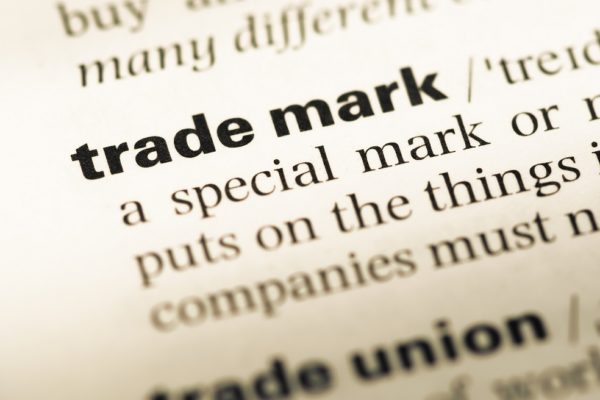Plain packaging and trade marks
Written by Éamon Chawke | March 10, 2017
It began down under …
In 2012, Australia became the first country in the world to introduce legislation requiring plain packaging for cigarettes. Since then, several countries have followed suit or have made commitments to introduce plain packaging (including the United Kingdom and the Republic of Ireland).
In Australia, the restrictions include a single colour requirement for packaging, a requirement to use a standard font, size and colour on packaging, and a restriction on the use of certain brand elements on packaging (e.g. distinguishing logos, graphic arrangements, designs, images, slogans etc.).
It’s not going away …
The world is moving inexorably towards plain packaging for tobacco products. Most recently, in November 2016, British American Tobacco, Imperial, Japan Tobacco International, and Philip Morris lost a second appeal against a ruling of the High Court which will require them to adopt plain packaging in the UK.
Around the same time, the Canadian Senate introduced a bill which would require plain and standardised packing for tobacco products. The bill incorporates various measures proposed by Health Canada and has recently passed the first reading of the three-reading process in the Canadian Senate.
These are significant legislative and judicial steps which will have serious ramifications for brand owners because restrictions will be placed on the appearance, shape and size of tobacco products (and in particular on markings that may be displayed on tobacco product packing, including trade marks).
Is the food and beverage industry next?
The plain packaging narrative that has surrounded tobacco products in various countries in the last five years or so has triggered a domino effect, with proposals being made in relation to other products that are seen as undesirable for one reason or another (e.g. alcoholic products, high-calorie products and products with high sugar content).
With some research suggesting that advertising restrictions and plain packaging may be the tools that remove of the desire for unhealthy products, the calls for the implementation of those measures are likely to increase in an effort to combat alcoholism, obesity and other health concerns.
Justified interference with property rights? A trade mark is an asset or an object of property. It may have significant value and may be bought, sold, licensed and given as security. A trade mark may in fact be a person’s or a business’s most valuable asset and the ownership of that trade mark, as an object of property, is protected by domestic and EU law. However, private property rights are sometimes curtailed where countervailing public policy considerations are in play (e.g. public rights of way over private land, compulsory purchase orders etc.).
Significant impact on trade marks owners. Whatever one’s personal view, the imposition of a plain packaging requirement in relation to tobacco/food/beverages would have a huge commercial impact in those industries. The restrictions would undoubtedly be motivated by public health concerns and would be intended as an assault on the product (as opposed to the brand). However, the unavoidable consequence of such restrictions would be the relegation of trade marks into insignificance (particularly figurative marks with distinctive visual elements) and the undermining of the essential trade mark function (which is to distinguish the source or origin of one product from that of another).
Domestic and EU rights. In the UK, and the other 27 EU member states, there are two coexisting trade mark regimes – the domestic trade mark regime and the EU trade mark regime. Any domestic legislation limiting enforceability of domestic trade mark rights would also necessarily impact the domestic enforceability of EU trade mark rights. This would potentially cause an issue since EU trade mark law requires that EU trade marks are enforceable uniformly in all member states. It remains to be seen whether Brexit will make this a non-issue for the UK, but it would remain an issue for the Republic of Ireland and other member states that have pledged to introduce plain packaging.
Unintended consequences. Tobacco products are already highly taxed and highly regulated, so it is hardly surprising that counterfeiting is a significant problem in the tobacco industry. The introduction of plain and standardised packaging for tobacco products is likely to make it easier for counterfeiters to reproduce cigarette packaging.
Briffa advises on all aspects of trade mark law and practice (including both contentious and non-contentious matters). If you would like to discuss brand protection, or any other issue relating to intellectual property, please do get in touch.


